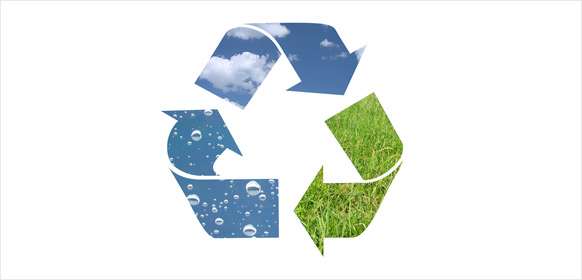Specialists in Serious Fraud and Complex Criminal Defence
New sentencing framework for Environmental offences in force from 1 July 2014

Individuals and Corporate entities should be ready to face stiff new sentencing guidelines which aims to punish offenders, prevent reoffending and remove financial gain made through these crimes while ensuring a consistent approach to offences is taken nationally in courts in England and Wales.
The Sentencing Council’s new guidelines covers offences related to the disposal and treatment of waste mostly covered by the Environmental Protection Act 1990 and the Environmental permitting (England and Wales) Regulations 2010. The most common of the offences include fly-tipping, waste disposal/handling offences where a company or an individual causes pollution or harm to people’s health or the risk of it.
The guidelines also cover other offences such as noise, smoke, dust, smell pollution and breaches of waste permits.
The background to the new guidelines was that there was never any consistency in sentencing and the lack of familiarity of these type of offences amongst the Magistrates in particular who often dealt with these offences and were not handing down sufficiently high levels of fines which did not reflect the seriousness of the offences, particularly in the case of corporate entities.
The new guidelines introduce sentencing starting points and ranges for these offences. For example fines for corporate entities range from £100 to £3million to take into account their means as well as the seriousness of the offence. Individuals can expect to receive sentences ranging from a conditional discharge up to three years imprisonment.
The lower courts will be encouraged to make more use of high financial penalties to reflect the seriousness of the offences particularly for companies and organisations as they tend to cause most damage and risk to health.
Historically, fines tend to be the most common sentences passed for these types of offences as the offences themselves are usually motivated by financial gain or saving money. But custodial sentences will remain as starting points for the most serious of offences and for those individuals who deliberately commit crimes which cause major harm to the public.
There will be separate guidelines for offences committed by individuals and those committed by organisations which will come into force on 1 July 2014.
The courts will also have to consider financial orders such as compensation and confiscation before deciding what the level of fine should be.
Usually the level of fine is determined by level of turnover but the Council has added some further steps for consideration as a result of a consultation feedback within the legal sector and the waste industry. The new guidelines allow the sentencing court to “step back” and consider other factors to ensure proportionate penalty. The courts can consider wider financial circumstances of the offender in addition to turnover.
These guidelines will not apply to any other regulatory offences like health and safety or food offences.
MPR Solicitors Regulatory team have the experience to deal with Environmental offences faced by individuals and corporate entities including:
- Fly-tipping
- Waste handling
- Waste disposal
- Causing pollution or harm to people’s health or risk of it
- Breaches of waste permits
- Nuisance offences
- Noise, smoke, dust, smells nuisance offences
- Posing health or pollution risk
If you think MPR Solicitors can assist you or your organisation in defending any prosecution under the Environmental Protection Act 1990 and the Environmental Permitting Regulations 2010 or any other regulatory offence, then please contact us in the first instance for a no obligation initial consultation with one of our specialist regulatory solicitors.


Comments